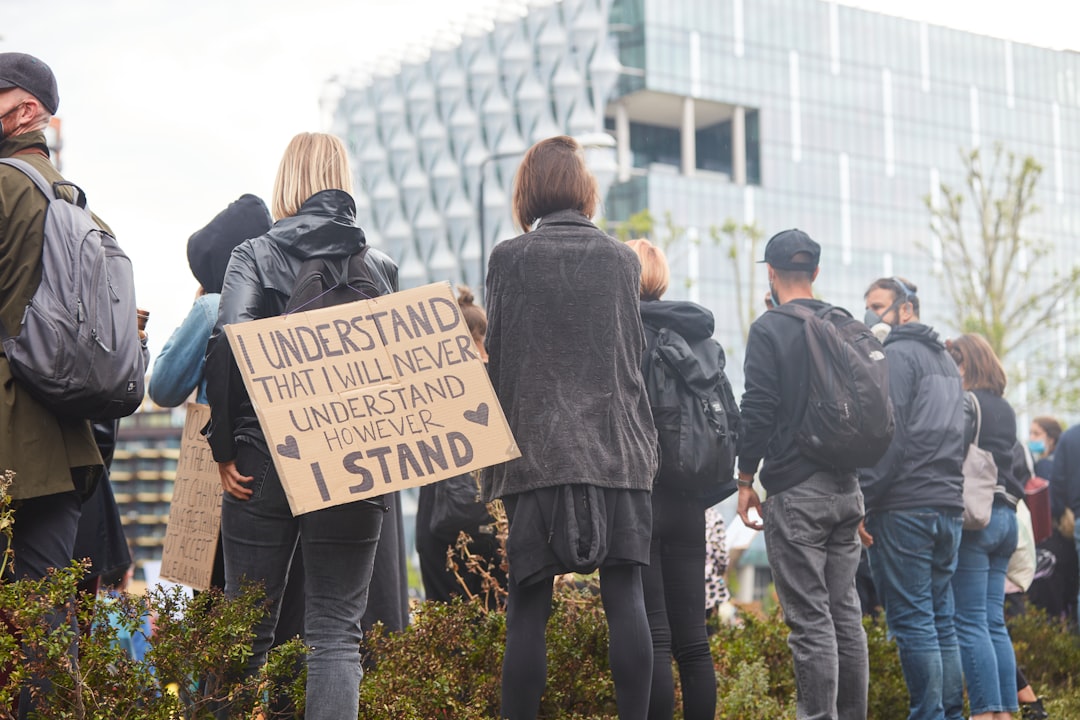Finance
Illinois Governor's Controversial Pen Stroke Unlocks College Aid for Undocumented Students, Critics Explode in Fury

SPRINGFIELD, IL – A political firestorm has erupted in Illinois after Governor J.B. Pritzker signed a groundbreaking and deeply divisive piece of legislation, effectively opening the floodgates of state financial aid to students regardless of their immigration status. This stunning move, celebrated by supporters as a monumental step toward educational equity, has been met with a fierce backlash from critics who are calling it a profound insult to tax-paying families across the state.
The new law completely overhauls the landscape of college funding in Illinois. It establishes that any student who is an Illinois resident but is deemed ineligible for federal financial aid can now apply for state-level assistance. The text of the bill leaves no room for ambiguity, explicitly including "a noncitizen student who has not obtained lawful permanent residence." This creates a direct, state-funded pathway for undocumented immigrants, often referred to as 'DREAMers' and others, to receive grants and scholarships for their higher education.
The decision immediately drew the ire of conservatives. Republican Representative Mary Miller did not mince words, slamming the governor's action and labeling it a "slap in the face to the hard-working families and students of Illinois." Opponents argue that the law unfairly prioritizes individuals who are in the country illegally over citizens and legal residents who are also grappling with the crushing burden of college tuition. The debate intensely focuses on the allocation of finite state resources and the powerful message it sends regarding immigration policy.
On the other side of the aisle, proponents champion the law as a necessary and just correction to an inequitable system. The legislation's stated purpose is to forge "equitable eligibility for financial aid and benefits" for all students who call Illinois their home. The bill also notably extends eligibility to other specific groups shut out of federal aid, such as transgender students who may be disqualified for failing to register for the selective service. For advocates, this is a moral imperative, ensuring that a student's academic potential is not derailed by their citizenship status or other federal hurdles.
As Governor Pritzker, a prominent Democrat often floated as a potential future presidential candidate, enacts this progressive policy, he positions Illinois as a new flashpoint in the nation's ongoing, heated debate over immigration and resource allocation. With the ink now dry, all eyes will be on the law's implementation and the tangible impact it has on the state's budget, its colleges, and the thousands of students whose educational futures have just been dramatically reshaped.